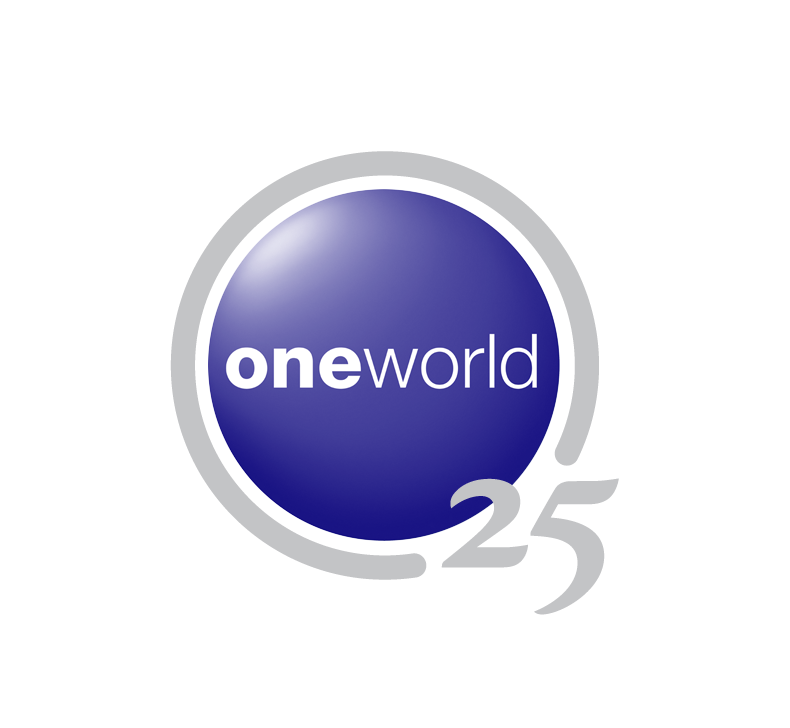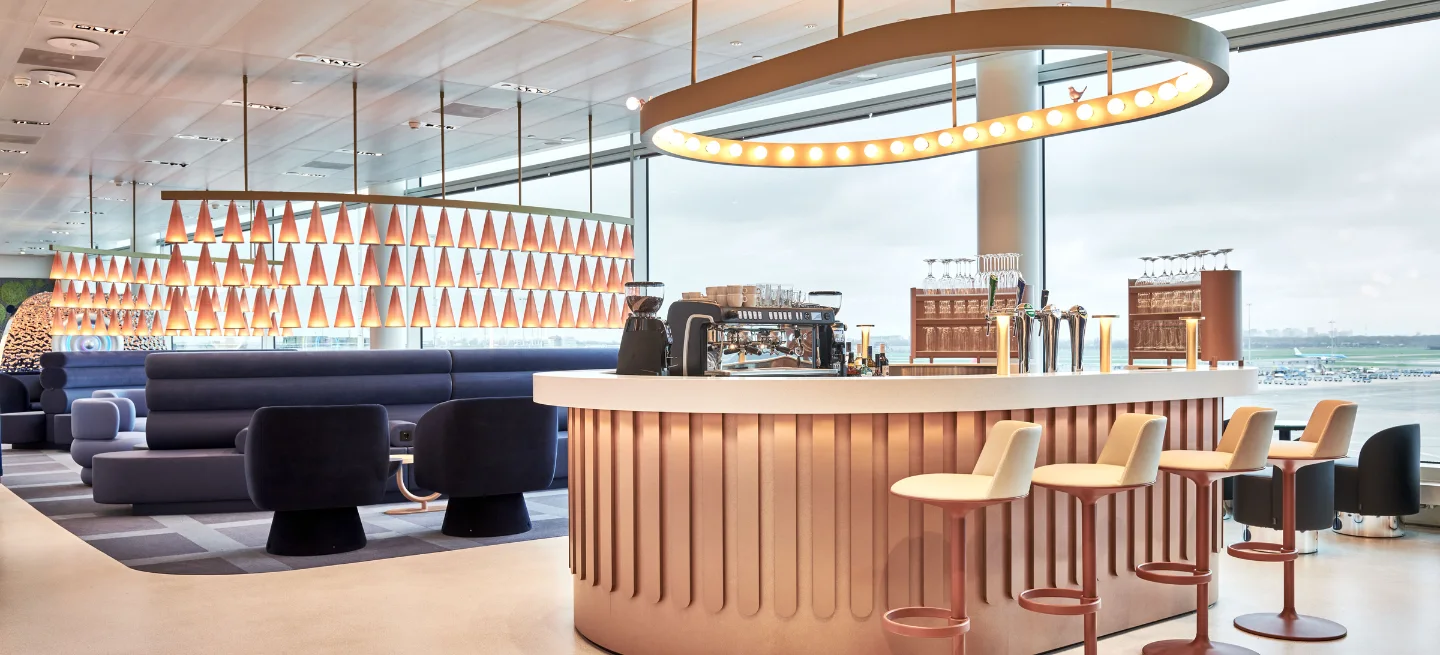oneworld is first global airline to introduce e-ticket interlining around the world
05 June 2002 Hong Kong: oneworld™ - comprising Aer Lingus, American Airlines, British Airways, Cathay Pacific Airways, Finnair, Iberia, LanChile and Qantas – today became the first of the global airline alliances to commit to introducing interline arrangements for electronic tickets, making it easier for the alliance's customers to transfer between member airline's flights.
The development was announced as the Chief Executives of the alliance met in Hong Kong for their latest Governing Board, after committing to quicken the deepening of levels of co-operation between their carriers.
American Airlines and Finnair have just become the first US-European airlines to set arrangements in place to allow customers to use a single electronic ticket when their itineraries include travel on both carriers. Their new link also means that customers with e-tickets may be rebooked between American and Finnair flights – if the need arises – without having to obtain a paper ticket first. Previously, customers with e-tickets were required to convert to a paper ticket before transferring between carriers.
Similar arrangements will follow on a phased basis between American and LanChile, British Airways, Cathay Pacific Airways, Qantas and Iberia, between British Airways and Finnair, and later between other oneworld partners.
It comes as customer use of airline electronic ticketing is increasing. More than 65 per cent of the tickets used by American customers are electronic, and one in five of Finnair's.
e-ticketing should also improve the reliability of the through check-in process between participating airlines. Systems in place between oneworld airlines already ensure the alliance can achieve through check-in reliability ratings of around 90 per cent using existing technologies – an exceptionally high percentage for through check-in between different airlines.
A recent enhancement to the established through check-in system has helped overcome its most frequent fault – names entered incorrectly or differently. The first successful use of this enhancement was for a priest transferring from a transatlantic Iberia flight to a US domestic American Airlines connection




